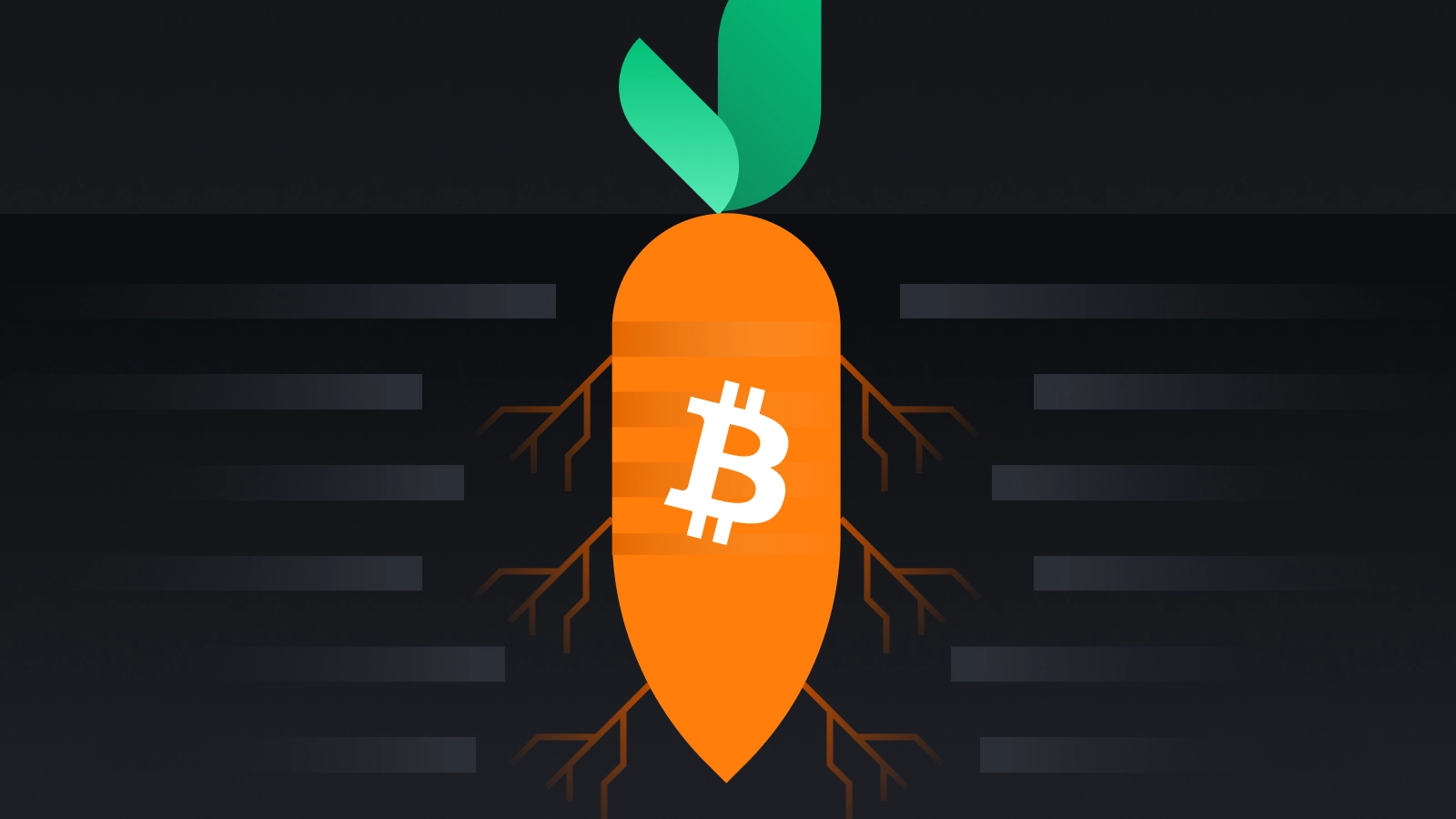What is Taproot and how will Bitcoin benefit from it?

What is Taproot and how will Bitcoin benefit from it?
Along with Schnorr signatures, Taproot is a highly anticipated technological upgrade for Bitcoin since the introduction of SegWit. The goal of Taproot is to change the way Bitcoin scripts work to improve privacy, scalability and security. This and more is made possible by combining Taproot with an associated upgrade called Schnorr Signatures.
Anyone familiar with the crypto community knows that privacy, scalability and security are major concerns. Although Bitcoin is the most popular cryptocurrency in the world, these issues still need to be addressed. Taproot has set itself the goal of doing just that.
Introduction
Bitcoin has had its ups and downs, but it has proven to be the anchor that keeps the crypto-verse in a firm position. Regardless of the problems that have surfaced over the years, such as the Mt. Gox hack or the infamous Bitcoin hard forks, the crypto community has stood by Bitcoin.
But there are certain issues that cannot be overlooked – one of the biggest is that of privacy. Since Bitcoin is a public blockchain, anyone can monitor the transactions that take place on the network. For some, this is a big problem.
It is possible to increase your anonymity through techniques such as coin mixing and CoinJoins. Unfortunately, however, none of these techniques make Bitcoin a private currency. While the same cannot be said for Taproot, it can help increase anonymity on the network.
The Taproot upgrade was widely expected to be an important first step in solving Bitcoin’s privacy and other related problems. But what is Taproot, and how will it benefit Bitcoin? Let’s look at this in more detail.
What is Taproot?
Taproot is a soft fork that enhances Bitcoin’s scripts to increase privacy and improve other factors related to complex transactions. Transactions over the Bitcoin network can use various features that make them more complex, including timelock releases, multisignature requests and others.
Without Taproot, anyone can detect transactions that use these complex functions, which requires the creation of multiple transactions. However, with the Taproot upgrade, it will be possible to “cloak” the features of a Bitcoin transaction that contains these functions. So even if transactions adopt these features, they will look like a single transaction. This is a big win for Bitcoin privacy advocates.
In fact, with Taproot it is possible to hide the fact that a Bitcoin script has been executed at all. For example, spending Bitcoin using Taproot could make a Lightning Network Channel transaction, a peer-to-peer transaction or a sophisticated smart contract indistinguishable. Anyone monitoring one of these transactions would see nothing other than a peer-to-peer transaction. It is worth noting, however, that this does not change the fact that the wallets of the original sender and receiver are exposed.
The Taproot proposal was first introduced in January 2018 by Bitcoin Core developer Greg Maxwell. As of October 2020, Taproot has been merged with the Bitcoin Core library following a pull request created by Pieter Wuille. For the upgrade to be fully implemented, node operators will need to adopt Taproot’s new consensus rules. Depending on how this develops, activation may take months.
Taproot is expected to be implemented along with another upgrade called Schnorr signatures. This not only makes the implementation of Taproot possible, but also enables a long-awaited feature called signature aggregation.
What are Schnorr signatures?
Schnorr signatures consist of a cryptographic signature scheme developed by Claus Schnorr – a German mathematician and cryptographer. Although Schnorr had his algorithm protected by a patent for many years, the patent officially expired in 2008. Among a number of advantages, Schnorr signatures are best known for their simplicity and efficiency in generating short signatures.
The signature scheme used by Satoshi Nakamoto (the creator of Bitcoin) was the Elliptic Curve Digital Signature Algorithm (ECDSA). The choice of ECDSA over the Schnorr signature algorithm was due to the fact that it was already widely used, well understood, secure, compact and open-source.
However, the development of the Schnorr Digital Signature Scheme (SDSS) could be the starting point for a new generation of signatures for Bitcoin and other blockchain networks.
One of the main advantages of Schnorr signatures is that they are able to use multiple keys within a complex Bitcoin transaction and create a single unique signature. This means that the signatures of the different parties involved in the transaction can be “aggregated” into a single Schnorr signature. This is called signature aggregation.
How will Taproot be useful for Bitcoin?
As we have already discussed, Taproot will bring significant improvements to Bitcoin’s data protection. When combined with Schnorr signatures, Taproot can also increase the efficiency of conducting transactions. In addition to improving data protection, Taproot offers other potential benefits:
- Reduced amount of data to be transferred and stored on the blockchain.
- More transactions per block (higher TPS rate).
- Lower transaction fees.
Another advantage for Taproot is the fact that signatures will no longer be malleable, which is a known security risk on the Bitcoin network. Simply put, the malleability of signatures means that it is technically possible to change the signature of a transaction before it is confirmed. In this way, such an attack would make it appear as if the transaction never took place. This leaves Bitcoin exposed to the notorious double-spending problem, which could ruin the integrity of the distributed ledger.
Conclusion
Taproot is a highly anticipated and widely supported upgrade to Bitcoin. When implemented along with Schnorr signatures, we will see significant improvements in privacy, scalability, security and more. These upgrades could also generate more interest around the Lightning Network and encourage multisig to become more of an industry standard.
Regardless of your involvement in the Bitcoin community, the added benefits of improved privacy, efficiency, and security are likely to impact your experience with Bitcoin.

